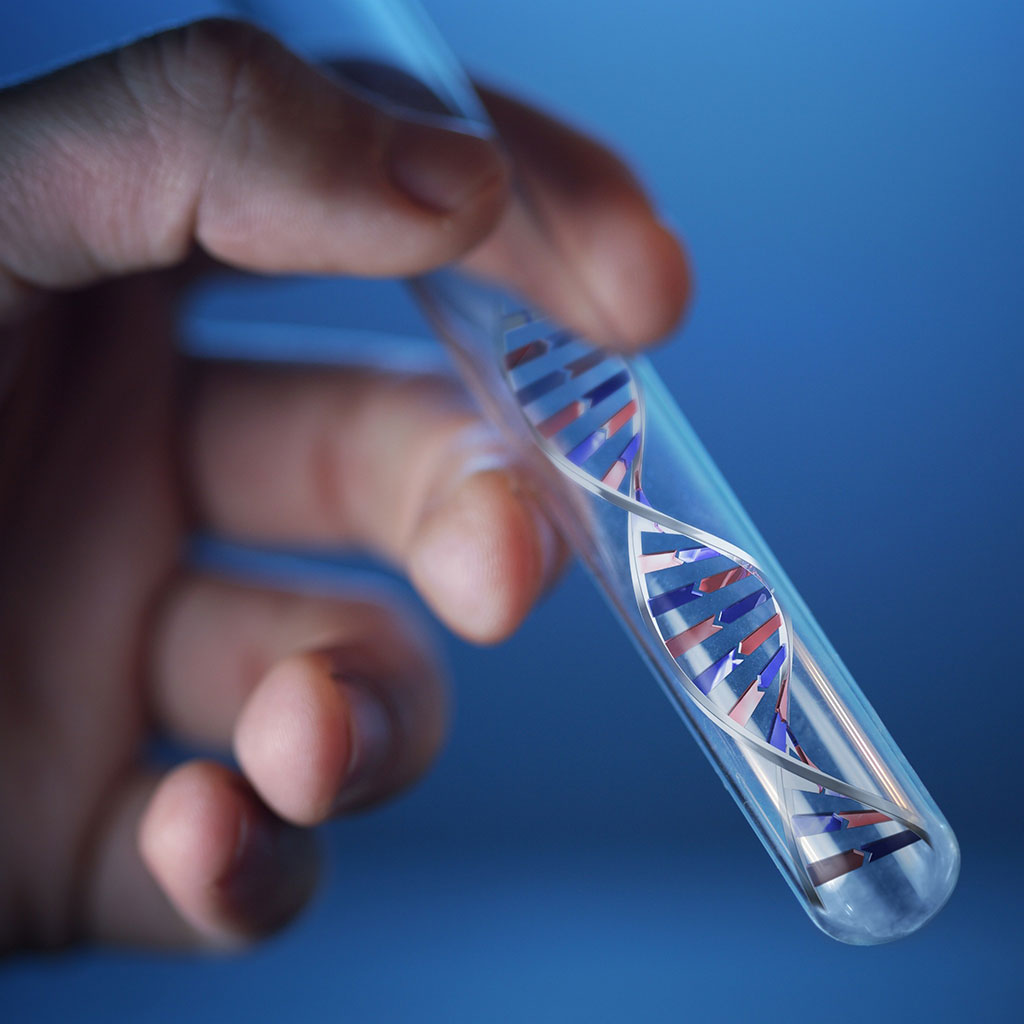Ultrasensitive Assay Predicts Hodgkin Lymphoma Recurrence and Splits Disease into Two Subgroups
Posted on 12 Dec 2023
Hodgkin lymphoma, a type of cancer affecting lymph nodes, predominantly impacts individuals aged 15 to 35 and those over 55. The genetic roots of this cancer have been elusive, partly due to the predominance of infiltrating immune cells within the tumors, complicating the isolation of cancerous cells for analysis. Despite this, current treatments involving chemotherapy, radiation, or both have led to a survival rate of about 89% for five years or more post-diagnosis. Now, a comprehensive international study examining a large number of patient samples has demonstrated that the levels of circulating tumor DNA in the blood can indicate patients' responsiveness to treatment and predict possible disease recurrence. This breakthrough suggests that some patients with favorable prognoses might be able to reduce their treatment duration. The study has also unexpectedly classified Hodgkin lymphoma into two distinct groups, each characterized by unique genetic alterations and slightly differing prognoses, pointing to potential vulnerabilities in cancer that could be targeted by newer, less harmful treatments.
This research, led by Stanford Medicine (Stanford, CA, USA), employed two advanced DNA sequencing methods, CAPP-Seq and PhasED-Seq, to analyze blood samples from 366 individuals treated for Hodgkin lymphoma. These methods proved highly sensitive in detecting the cancer's genetic changes. Additionally, by applying machine learning, the researchers categorized the genetic alterations in the cancer cells, identifying two primary groups. The first group, comprising about half to two-thirds of patients, mostly younger, exhibited mutations in several genes related to cell survival, growth, and inflammation and had a more favorable prognosis, with 85-90% surviving three years without disease recurrence.

The second group, representing about half to one-third of patients and including both younger and older individuals, showed genetic changes known as copy number alterations that influence larger genome sections, resulting in a slightly less favorable outcome. Approximately 75% of these patients survived three years without recurrence. Interestingly, both groups included a subset of patients with a unique mutation in the gene for the interleukin 4 and interleukin 13 receptors. The study further revealed that patients with undetectable circulating tumor DNA levels in their blood shortly after starting treatment had a significantly lower likelihood of disease recurrence compared to those with residual circulating cancer DNA at the same time point.
“This approach offers our first significant look at the genetics of classical Hodgkin lymphoma,” said Professor of medicine Ash Alizadeh, MD, PhD. “Surprisingly, we detected more cancer DNA in the blood than in the cancer tissue itself. That seemed hard to believe until we had analyzed enough samples to show that it was reproducible.”
Related Links:
Stanford Medicine













